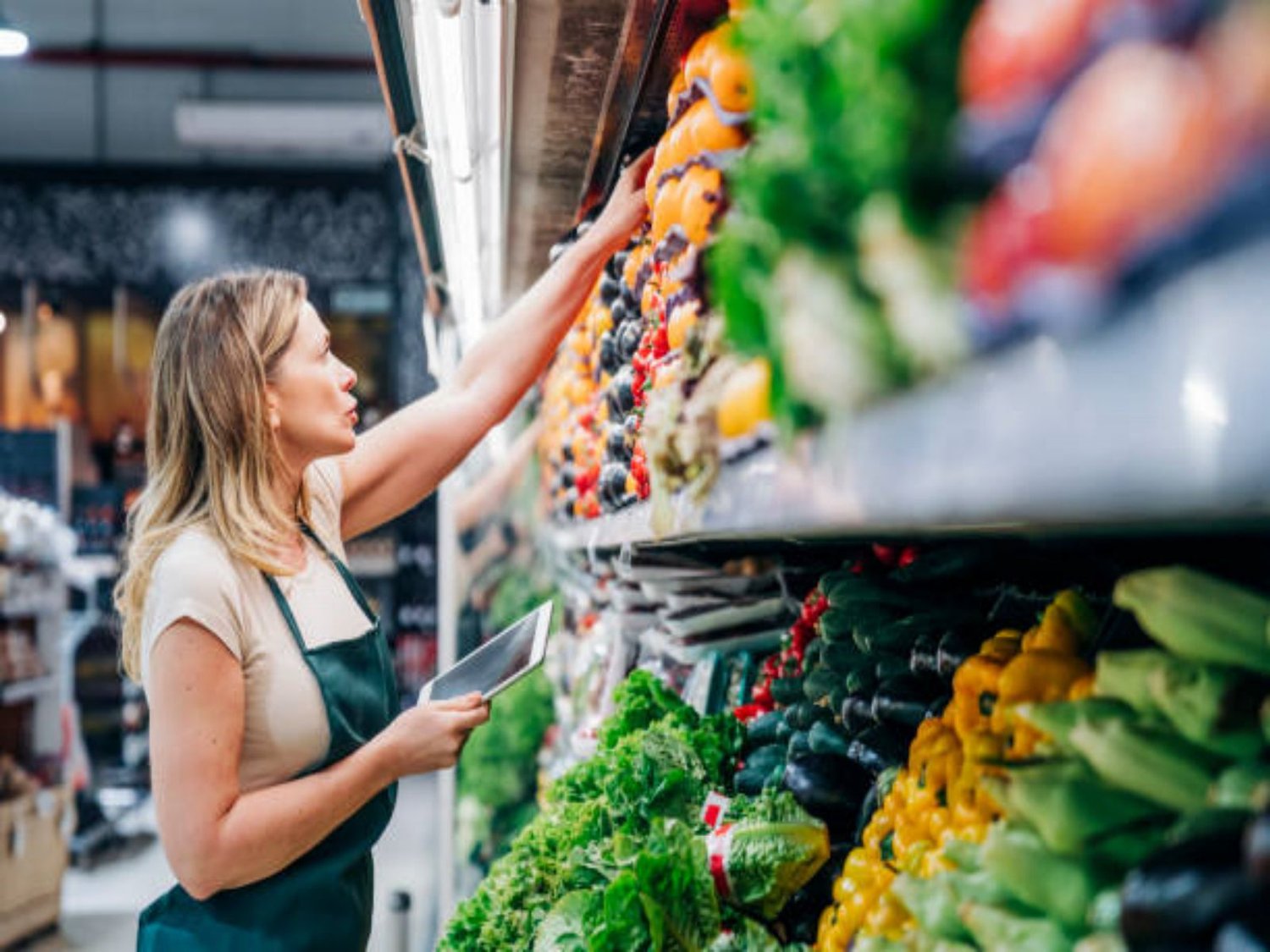Table of Contents

The Importance of Supermarket Shelves in Organized and Efficient Merchandising
When it comes to creating an organized and efficient shopping experience, supermarket shelves play a crucial role. These shelves are not just a place to display products; they are designed to enhance the overall shopping experience for customers while also maximizing the potential for sales. In this article, we will explore the various aspects that make supermarket shelves essential for organized and efficient merchandising.
1. Maximizing Product Visibility and Accessibility
One of the primary functions of supermarket shelves is to maximize the visibility and accessibility of products. By organizing products in a systematic manner, shelves allow customers to easily locate and access items they need. This helps to streamline the shopping process and reduces the time spent searching for specific products.
2. Creating a Pleasant Shopping Environment
Supermarket shelves contribute to creating a pleasant shopping environment by maintaining a clean and organized display of products. Neatly arranged shelves not only make it easier for customers to find what they are looking for, but they also create an aesthetically pleasing atmosphere that encourages customers to spend more time in the store.
3. Efficient Space Utilization
Efficient space utilization is another key aspect of supermarket shelves. These shelves are designed to make the most of the available space in a store, ensuring that all products can be displayed effectively. By utilizing vertical space and employing different shelving techniques, supermarkets can optimize their product offerings without compromising on the overall store layout.
4. Promoting Impulse Buying
Supermarket shelves are strategically arranged to promote impulse buying. By placing complementary products or enticing displays near checkout counters or aisle ends, supermarkets can encourage customers to make additional purchases. This technique not only increases sales but also enhances the shopping experience for customers by introducing them to new products they may not have considered before.
5. Facilitating Product Categorization
Organizing products into different categories is essential for efficient merchandising. Supermarket shelves provide the perfect platform for categorizing products based on their type, brand, or purpose. This categorization allows customers to navigate the store more easily and find products within their desired category without any confusion.
6. Ensuring Product Freshness and Quality
Properly designed supermarket shelves also contribute to maintaining the freshness and quality of perishable products. By incorporating features such as refrigeration or appropriate ventilation systems, supermarkets can display perishable items in a way that preserves their freshness and extends their shelf life. This not only ensures customer satisfaction but also reduces food waste.
7. Enhancing Product Presentation
Supermarket shelves are designed to enhance the presentation of products. By utilizing techniques such as color coordination, attractive signage, and eye-catching displays, supermarkets can make their products more visually appealing. This not only attracts customers' attention but also increases the likelihood of a purchase.
8. Streamlining Inventory Management
Efficient inventory management is crucial for any supermarket. Supermarket shelves play a vital role in this process by providing a clear view of product stock levels. By regularly monitoring and restocking the shelves, supermarkets can ensure that customers always find the products they need and minimize the chances of stockouts or overstocking.
9. Allowing for Seasonal and Promotional Displays
Supermarket shelves are versatile and can be easily customized to accommodate seasonal and promotional displays. Whether it's showcasing holiday-themed products or highlighting special offers, supermarket shelves provide the flexibility to adapt to changing merchandising needs. This helps to keep the store fresh and exciting for customers, encouraging repeat visits.
10. Supporting Efficient Checkout Processes
Lastly, supermarket shelves contribute to efficient checkout processes. By ensuring that products are properly organized and easily accessible, shelves make it easier for cashiers to scan items and move customers through the checkout line more quickly. This reduces waiting times and improves overall customer satisfaction.
